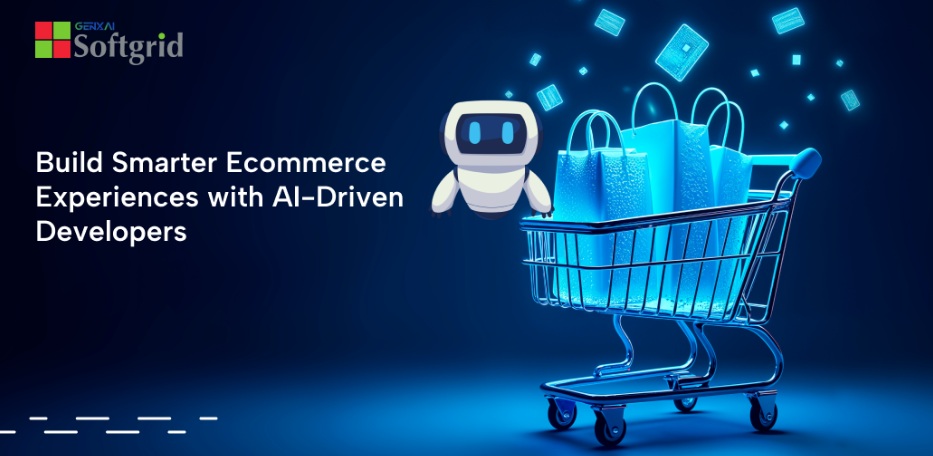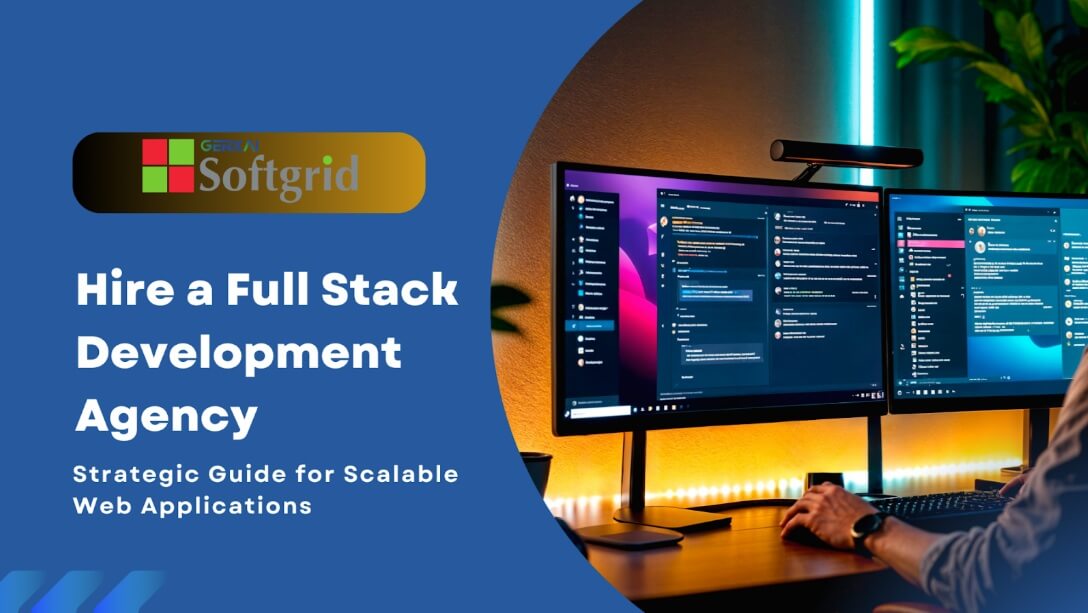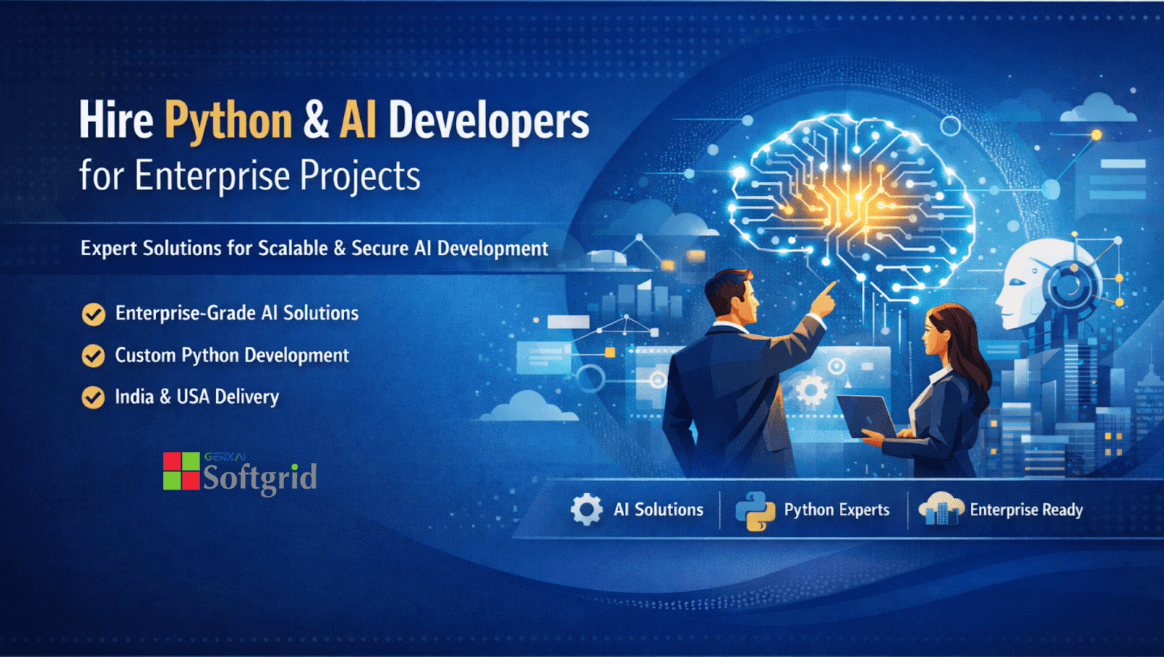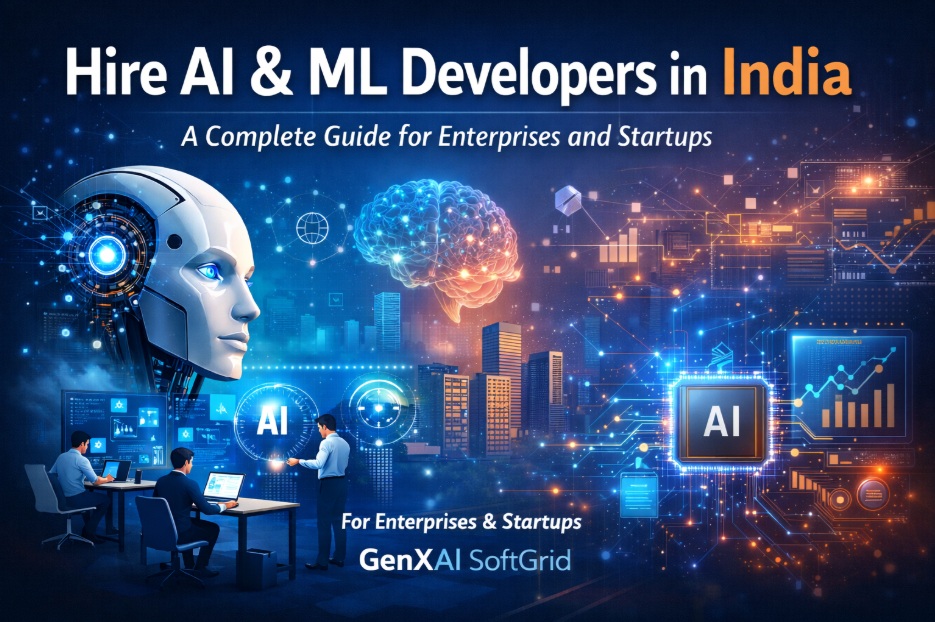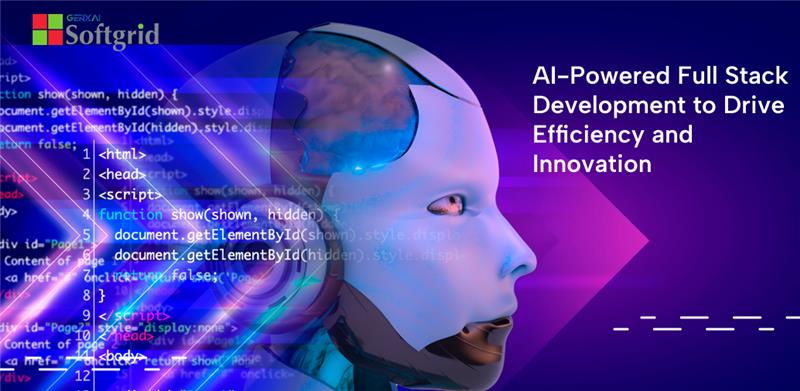In the competitive world of ecommerce, creating a personalized shopping experience isn’t just a nice-to-have—it’s a necessity. Today’s consumers expect brands to understand their preferences, anticipate their needs, and deliver a seamless digital experience across every touchpoint.
That’s where AI (Artificial Intelligence) comes in. And more importantly, that’s why it’s crucial to hire an ecommerce developer who not only has strong technical capabilities but also understands how to integrate AI and personalization into your online store.
In this guide, we’ll walk you through the key steps to hire the right ecommerce developer, what skills to look for, and how an AI-focused approach can transform your ecommerce business.
Why AI and Personalization Matter in Ecommerce
AI has moved beyond hype—it’s now a powerful tool that enables:
- Smart product recommendations
- Personalized search results
- Real-time customer segmentation
- Chatbots for 24/7 customer support
- Dynamic pricing models
When you hire an ecommerce app developer who understands these technologies, you’re investing in a better customer experience and stronger business outcomes.
Who Should You Hire? Developer vs Development Company
When choosing between an individual developer or a full ecommerce development company, consider your scope, budget, and long-term goals.
- Hire an ecommerce website developer if you need focused, hands-on development for a smaller project or a specific platform like Shopify or Magento.
- Partner with an ecommerce development company if you’re building a large-scale or custom ecommerce platform with AI features, multiple integrations, and post-launch support.
What to Look for When Hiring an Ecommerce Developer with AI Capabilities
Here are essential qualities and skills to prioritize:
✅ 1. AI Integration Experience
Can they build or integrate AI tools for product recommendations, automated marketing, or personalized search?
✅ 2. Personalization Strategy
Do they understand customer behavior and how to use data to personalize the user journey?
✅ 3. Platform Expertise
Are they skilled in platforms like Shopify, Magento, WooCommerce, or custom frameworks?
✅ 4. Custom Solution Capability
Can they deliver a tailored solution that suits your business model, not just a cookie-cutter ecommerce site?
✅ 5. Agile and Scalable Development
A good custom ecommerce solution provider ensures your store can grow with your business.
Red Flags to Avoid
- Generic portfolios with no AI use cases
- Poor understanding of ecommerce conversion principles
- Inflexible development models
Lack of data privacy or compliance considerations
Benefits of Hiring the Right Developer
When you hire ecommerce developers with the right skillset and AI knowledge, you can expect:
- Higher conversion rates
- Improved customer engagement
- Operational efficiency through automation
Long-term growth with scalable tech architecture
Conclusion: Build Smarter, Not Just Prettier
As AI and personalization become standard, it’s not enough to just have an online store—it must be intelligent and adaptable. The right developer or ecommerce development company can help you build a future-ready ecommerce presence that delivers real results.
So, take your time, ask the right questions, and make AI-driven personalization a priority in your hiring process.
FAQ
AI helps improve customer experience, drive sales, and automate tasks. Developers with AI skills can implement features like personalized recommendations, predictive search, and chatbots.
An ecommerce app developer builds mobile applications for online stores, while a website developer focuses on building and optimizing the web version of your ecommerce platform.
Ask for case studies or project examples where they’ve implemented AI tools like recommendation engines, customer segmentation, or behavior-based automation.
Freelancers can be cost-effective for small projects. For more complex needs—like custom AI integration or full-scale platform development—a specialized ecommerce development company is a better choice.
AI enhances product discovery, reduces bounce rates, and boosts average order value by delivering more relevant content to users, ultimately increasing conversions and revenue.

 Web and Full Stack
Web and Full Stack CMS and Frameworks
CMS and Frameworks Online Marketing
Online Marketing Cloud Services
Cloud Services ECommerce
ECommerce Mobile
Mobile